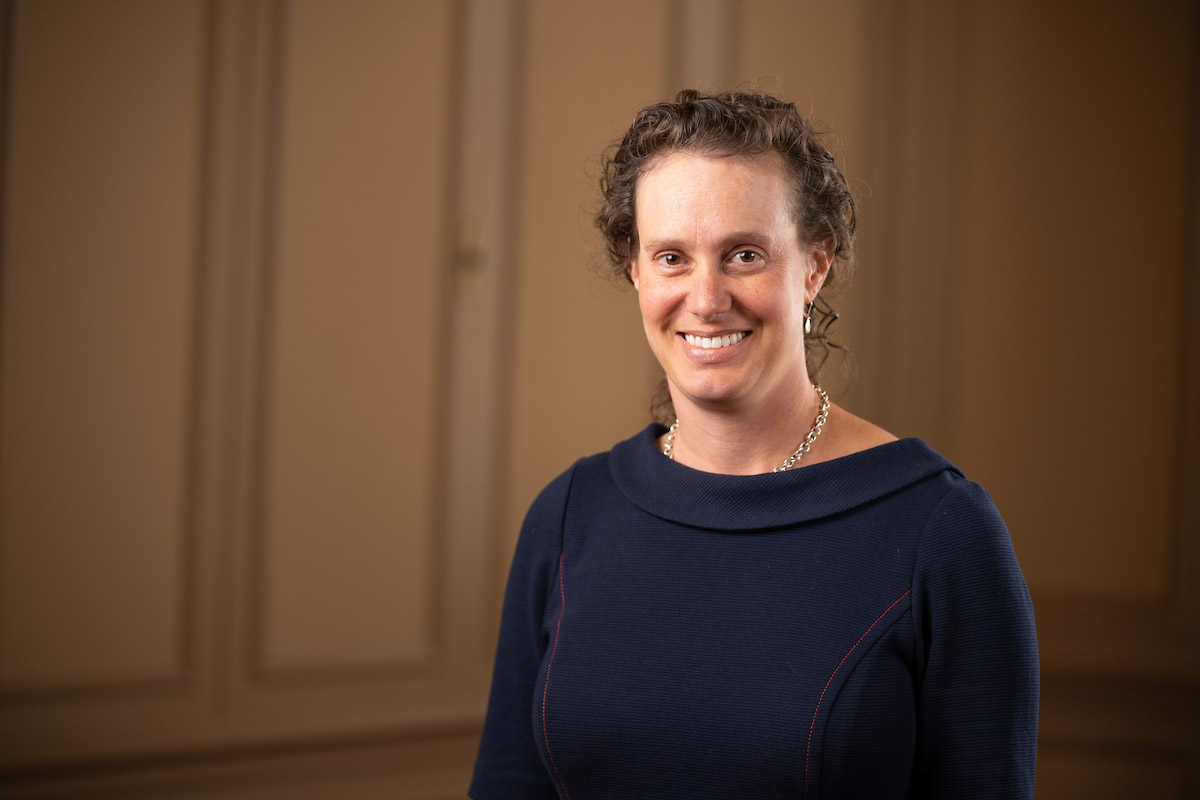Uncharted Therapy
 Imagine for a moment you are at the base of a bare rock face. The air is cool against
your sweaty fingertips as you grab hold of the weighty, braided cord. You take a
deep breath, smelling the chalk you’ve brushed against your fingers. Your vision
tunnels as you focus on the series of hand and foot holds you need to scale. Your
rubber shoes feel tight as you flex your feet and heave your body into position.
You become lost in a rhythm. Climb, reach, pull, repeat. Over and over until you
find yourself atop a ledge looking out at a stunning view of blue skies, green trees,
and ragged mountains.
Imagine for a moment you are at the base of a bare rock face. The air is cool against
your sweaty fingertips as you grab hold of the weighty, braided cord. You take a
deep breath, smelling the chalk you’ve brushed against your fingers. Your vision
tunnels as you focus on the series of hand and foot holds you need to scale. Your
rubber shoes feel tight as you flex your feet and heave your body into position.
You become lost in a rhythm. Climb, reach, pull, repeat. Over and over until you
find yourself atop a ledge looking out at a stunning view of blue skies, green trees,
and ragged mountains.
Wait…this could be part of therapy?
Sort of (we’ll come back to that in a minute). This experience, and experiences like it, are part of Outward Bound’s offerings of adventure programs. The programs focus on two things: getting people out into the wilderness, and helping them process what happens to them while they are there. Facilitators do this by asking questions of participants that push them to process what comes up as they push themselves to try new things. “You did something you thought you couldn’t, how was that? What was it like to be challenged?”
Outward Bound provides the trips free for veterans in an effort to help them readjust to life at home. Veterans in the program report experiencing positive outcomes from participation, but up until recently, researchers weren’t entirely sure how or why. Wanting to know more, Joanna Bettmann Schaefer and a team of researchers recently evaluated this adventure program to document changes veterans experienced during and after participation.
Dr. Bettmann Schaefer explained that when evaluating wilderness therapy programs, what’s typical, and hoped for, is improvements in participants from the beginning to end of the program. What’s exciting about Outward Bound’s adventure programs is that the veterans participating made gains during the program which continued to improve after leaving the program.
“The wilderness therapy programs I’ve evaluated usually show an improvement from pre to post, and then at best maintain over the course of a year,” said Dr. Bettmann Schaefer. “This is the first time I’ve evaluated a program where participants continued to improve after the program ended.” On several variables, participants didn’t just improve from the beginning to end of the program, but they continued to improve from post-test to a month later.
A Closer Look
Dr. Bettmann Schaefer emphasized how much this study was strengthened through collaboration with peers and colleagues. “There’s an organic process to doing great research,” she said. “Different people think differently. They bring different benefits to the project that make the finished piece stronger.”
The study results show that participants experienced increased psychological mindedness and positive attitudes toward seeking professional psychological help, as well as decreased mental health symptomology. These findings suggest that participants in Outward Bound for Veterans programs felt better after the program, expressing fewer mental health symptoms, showing greater insight about themselves, and more openness to getting help when needed.
Traditionally, military service members have found it difficult to seek therapy. There is a lot of stigma surrounding therapy within the military. But programs like this might change that. “I think what’s happening with programs like Outward Bound for Veterans is they’re doing something that isn’t therapy, but is therapeutic. So veterans participating see how it might be helpful for them to get more formal, individualized, therapeutic support. And that makes me excited about how therapeutic adventure can help veterans get where they need to go.” Therapeutic adventure programs are therapeutic in the outdoors, but there’s no therapist and no treatment plan. It’s being challenged in a wilderness environment with a supportive group of peers behind you. "And the fact that veteran participants are more open to help afterward is exciting.”
Dr. Bettmann Schaefer plans to continue this line of research to further explore the benefits that come from therapeutic adventure programs. Over the last year, she began working with a similar program within the Sierra Club, the Sierra Club Military Outdoors program, which offers free peer-led outdoor trips for veterans. She is especially excited about this upcoming study because it is the first of its kind to implement a controlled randomized design. All veteran participants will engage in an immersive wilderness program, all of them at no cost to themselves. One of the key differences is that groups will be randomly assigned to either a group with a facilitator who is implementing daily process groups with the group or a facilitator that leads them through the wilderness without processing. “This study has been designed to ask ‘Is it enough to be outdoors, to be socially supported by peers in a physically challenging wilderness environment? Or do you need to be talking through what’s coming up for you?’” The central question: is it wilderness or wilderness therapy that is bringing these benefits? “This is a great way to try to replicate and narrow in on what makes the adventure therapy helpful.”
It’s not exactly rappelling off a cliff. But Dr. Bettmann Schaefer is excited about the next phase of this research and what her findings could mean for more veterans getting help.
